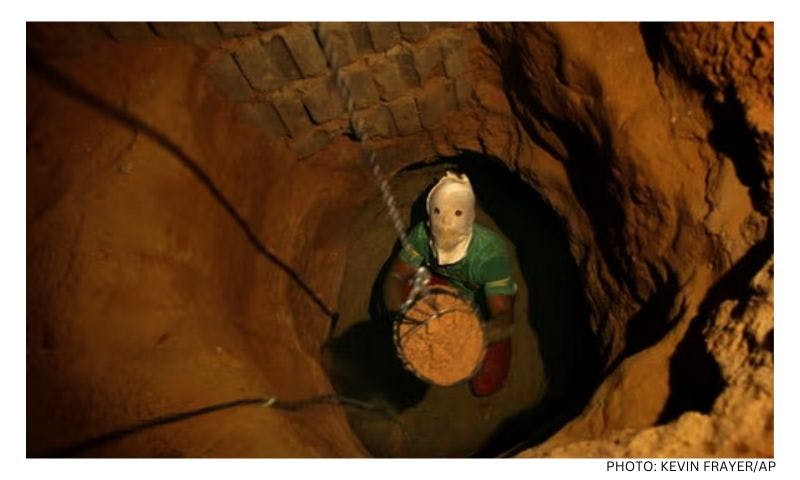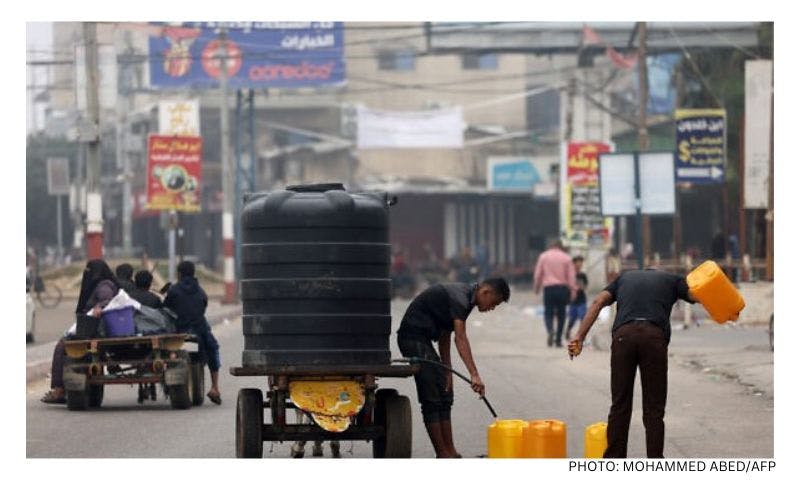Published: 24 March 2017
Last updated: 4 March 2024
The question, from the Royal Commission’s Robert Fitzgerald, was directed at Rabbi Moshe Gutnick, from the Sydney Beth Din, during Thursday’s final hearing, in Sydney, into child sexual abuse in the Melbourne and Sydney Yeshiva communities.
Fitzgerald’s question had been prompted by Rabbi Moshe Gutnick’s admission that he had not heard of any abuse cases until 2011. Why, Fitzgerald asked, had it taken the Chabad leadership so long to appreciate the gravity of child sexual abuse, when it had been widely reported in the secular world for decades?
“We considered ourselves safe, different,” Rabbi Gutnick responded. “..But we were naïve. We are a very small community so examples of abuse would be small – one or two, unlike the Catholic Church.”
Fitzgerald: “Why not come forward?”
Rabbi Gutnick: “Jews have an innate embarrassment about showing the rest of the world our faults. It comes from being a minority for so long.”
One of the enquiries conducted by Australia’s long-running Royal Commission into Institutionalised Responses to Child Sexual Abuse concerned reported abuse within the Australian Jewish community. The commission’s report on the Yeshivas was published last year. Thursday’s hearing concerned what the relevant institutions have done about the problem since.
Much has changed within the Chabad world since the commission hearings more than two years ago. There has been a welter of child protection policies, apologies, redress schemes and governance reform.
But old loyalties remain stubbornly resistant to change.
The questions of governance and awareness of how to protect children from risk were key themes in this last hearing, which brought together Rabbis Groner and Smukler, the principal of Yeshiva colleges in Melbourne, Rabbi Pinchus Feldman, head of the Yeshiva Centre in Bondi, Sydney, and Rabbi Dovid Slavin, head of Bondi’s Yeshiva College, to give evidence.
In keeping with their previous practice, the rabbis chose to give an affirmation rather than take an oath on the Torah.
As the commission asked the rabbis about various policies they have instituted in response to the original hearings – relating to matters such as conflict of interest, child protection, dealing with complaints and bathhouse (mikveh) protocols – a divide emerged between the responses of Yeshiva Centre in Melbourne and Yeshivah College, a primary and high school in Bondi, on the one hand, and Yeshiva Centre, a synagogue and youth centre in Bondi, on the other.
In short, the first two appeared to have developed more comprehensive policies than the third. In relation to a Child Protection Policy, Rabbi Feldman admitted his centre had developed one policy to cover school programs, which “by osmosis” would apply to the synagogue and youth programs because they all took place on the same premises. He told the Commission that in the last few days he had rectified this oversight and created a child protection policy that expressly applied to the synagogue.
Rabbi Feldman then admitted he signed off on the Chabad Youth Child Protection Policy without knowing what was in it.
“I accept that I have dropped the ball,” he said.
On the question of redress schemes for victims of child sexual abuse, Rabbi Feldman made the startling admission that “we have had no victims, the Yeshivah Centre has not assets or money, so there is no reason to think about that.”
Counsel assisting then tabled a letter from the Yeshivah Centre’s lawyer which stated “we are aware of about six potential claims.”
“These are hearsay,” the rabbi replied.
He then admitted: “I am aware of one claim made to the Yeshivah Centre but it was in one mixed bag…The claim related to the Yeshivah College and I directed him to their lawyer.”
Rabbi Chaim Zvi Groner, the Director of Adult Torah Education at the Yeshiva Centre, also admitted to an embarrassing lapse over a redress scheme. The Yeshivah Centre in Melbourne launched its redress scheme at the end of 2015, but only left it open for 13 months, he said.
“Why only 13 months?” asked counsel assisting.
“That was the recommendation of the Royal Commission.”
When he was told the Commission had never made such a recommendation, Rabbi Groner then agreed that if someone now belatedly approached the Centre for redress, they would be disadvantaged. “We would bring it to our board,” he said, conceding there was room for improvement.
The commission also heard that Rabbi Zvi Telsner, the disgraced former chief rabbi of the Yeshiva Centre in Melbourne, is still being paid a salary more than 18 months after he resigned over his conduct towards victims and their families.
Rabbi Groner was unable to shed light on why Rabbi Telsner is still being paid a salary when his involvement these days amounts to being a congregant and giving occasional classes.
“Why does he still receive a salary?” asked counsel assisting the commission, Naomi Sharp.
Rabbi Groner: “The current board is dealing with this in regard to financial arrangement around his resignation.”
“Does he still occupy a position of leadership?
“No.”
Earlier in the day, before the rabbis gave evidence in the afternoon session, a panel of Jewish community and religious leaders convened to answer questions about the provision of educational tools to combat abuse within the community, including sex education in schools and mechanisms for dealing with reportable cases.
The panel included Rabbi Ben Elton, from the Great Synagogue in Sydney, Anton Block, President of the Executive Council of Australian Jewry, Emeritus Professor Bettina Cass, from the NSW Board of Jewish Deputies Task Force on Child Sexual Abuse, and Jennifer Huppert, President of the Jewish Community Council of Victoria.
Rabbi Gutnick, soon to be grilled by Commissioner Fitzgerald, also appeared on the panel.
They all agreed that Jewish law has no place whatsoever in the decision over whether to report allegations of child sexual abuse to the police, and that the shunning of anyone who did so was abhorrent. “To shun is to be complicit in the abuse of the victim. There is no place for that,” said Anton Block.
Victims advocate Manny Waks, who had been a minority of his own for several years, was among those in the public gallery at the hearing. During the lunch break, Waks convened a media conference which called for Rabbi Pinchus Feldman to be stripped of his Australian honours award. “Victims/survivors will be writing to the Governor General to request that [he] be stripped of his Order of Australia Medal,” Waks said.
“Rabbi Feldman received this award in 2002 for service to the Jewish community, particularly through the development of spiritual, educational and welfare facilities. It is our view that Rabbi Feldman is unfit to serve in any communal or rabbinic leadership positions and must immediately stand down from all such roles.”
At the end of the day, the head of the Commission, Justice Peter McClellan, thanked the rabbis for contributing: “I think you accept the Commission was a good thing for you, and that things are better than they may have otherwise been.”
It’s debatable whether the rabbis would all agree with him.
This The Jewish Independent article may be republished if acknowledged thus: ‘Reprinted with permission from www.thejewishindependent.com.au’





Comments
No comments on this article yet. Be the first to add your thoughts.